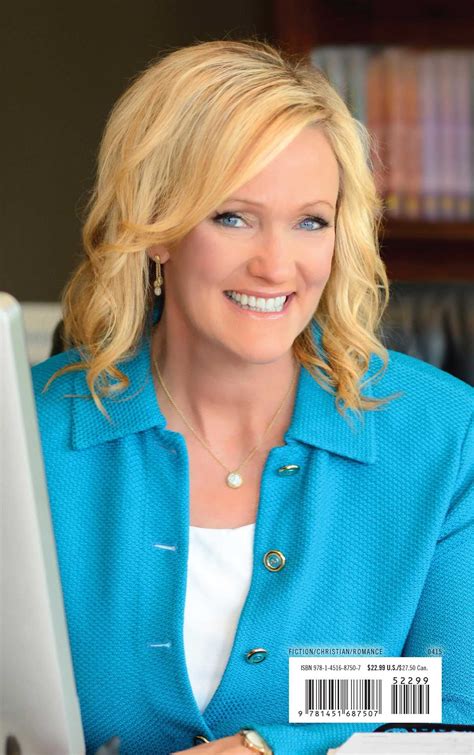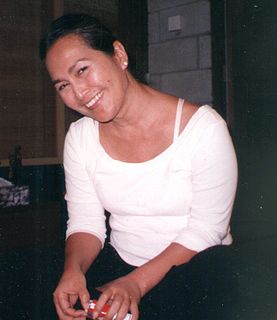A Quote by Edward Hirsch
That is many poets don't know how to tell a story and they don't have a sense of how to put things in order to tell a story and we thought the poets could learn from fiction writers something about developing a character over time who wasn't just you and also creating a narrative structure.
Related Quotes
Memoirists, unlike fiction writers, do not really want to 'tell a story.' They want to tell it all - the all of personal experience, of consciousness itself. That includes a story, but also the whole expanding universe of sensation and thought ... Memoirists wish to tell their mind. Not their story.
The Universe story is the quintessence of reality. We perceive the story. We put it in our language, the birds put it in theirs, and the trees put it in theirs. We can read the story of the Universe in the trees. Everything tells the story of the Universe. The winds tell the story, literally, not just imaginatively. The story has its imprint everywhere, and that is why it is so important to know the story. If you do not know the story, in a sense you do not know yourself; you do not know anything.
I tend to like the way poets form communities. Writing can be lonely after all. Modern life can be lonely. Poets do seem to be more social than fiction writers. This could be because of poetry's roots in the oral tradition - poetry is read aloud and even performed. I'm just speculating, of course. At any rate, because poets form these groups, they learn from one another. That is one of the best things about being a poet.
But when I say it isn't meant for anyone's eyes, I don't mean it in the sense of one of those novel manuscripts people keep in a drawer, insisting they don't care if anyone else ever reads it or not.The people I have known who do that, I am convinced, have no faith in themselves as writers and know, deep down, that the novel is flawed, that they don't know how to tell the story, or they don't understand what the story is, or they haven't really got a story to tell. The manuscript in the drawer is the story.
If you gauge how you're doing on whether somebody is responding vocally or not, you're up a creek. You can't do that; you kind of have to be inside of your work and play the scene. And tell the story every day. Tell the story. Tell the story. Regardless of how people are responding, I'm going to tell the story.
When you tell a story, there are imperatives of structure, of style, of pacing and all of this, that are there simply because you want to make it a good story. When do you introduce your characters? When do you put them onstage, when do you take them off the stage? How do you weave the different threads of the narrative together?
My great strength as an editor, I believe, is structure: I know how to reorder a piece, I know how to reach into a jumbled story and extract the important narrative. And I can do both of these things very fast. I also think I've become better at cutting text. You don't always relish it, of course, but by now I know how to distill something without sacrificing its essence.
One of the ways in which writers most show their inventiveness is in the things they tell us about how they write. Generally speaking, I don't like to make a plan before I've written a story. I find it kills the story - deadens it, makes it uninteresting. Unless I'm surprised by something in a story, the reader's not going to be surprised either.
This is the story, this is your character, I have the sense of the landscape, I have the sense of the scene, I have all that stuff. But I'm also looking for something else to happen, an accident or something. You're focused on the story you intend to tell and then you have to have a peripheral net out to catch these accidents.
A story is a way to say something that can't be said any other way, and it takes every word in the story to say what the meaning is. You tell a story because a statement would be inadequate. When anybody asks what a story is about, the only proper thing is to tell them to read the story. The meaning of fiction is not abstract meaning but experienced meaning.
The way to start writing isn't by writing at all. But by living. It isn't about creating something from thin air, but about documenting our personal feelings about the things that we see. Or to put it crudely, how are you going to be a storyteller if you have no story to tell? Perhaps, in the end, there are no such things as creative people; they are only sharp observers with sensitive hearts.






































